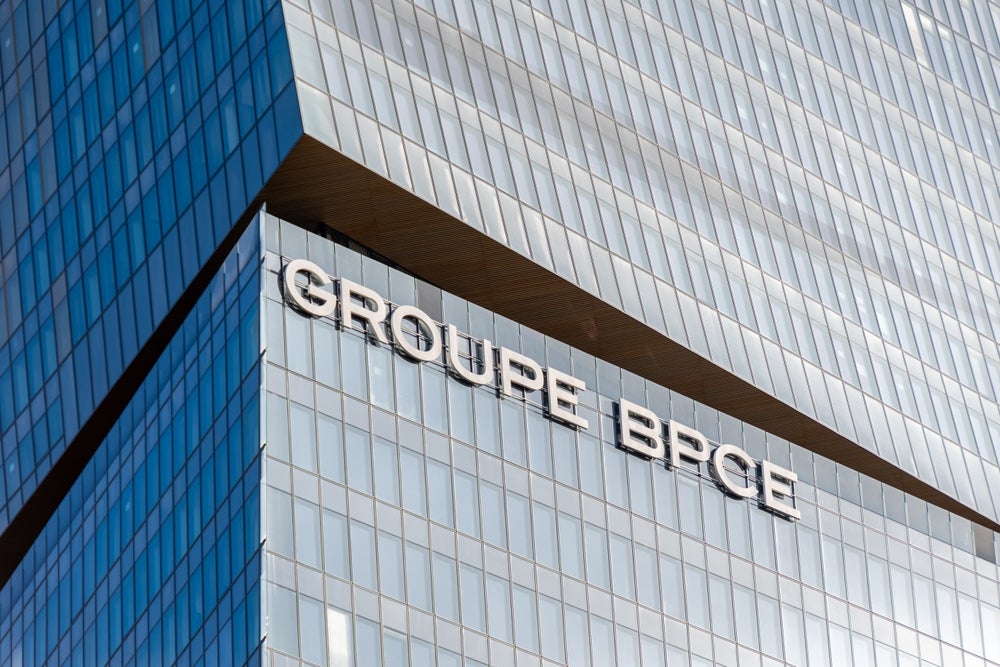Antonio Fabrizio and Jason T Hesse report on the
disparity of willingness across Europe by
lessors to lend to small and medium-sized enterprises.
Small and medium-sized enterprises
have long been the bread and butter for many European leasing
economies, but the recession in 2009 turned the market on its
head.
In the UK, Chris Stamper, chief executive of
ING Lease UK, believes that the SME market will not improve until
the second half of the year.
“SMEs could be as badly hit in 2010 as they
have been in 2009,” said Stamper. “Certainly until the summer, we
shouldn’t expect a great increase in new business volumes.”
Stamper believes it is a question of demand,
rather than supply: “We’re seeing low levels of borrowing in the UK
market place because demand is low. Companies have been battening
down the hatches and repaying debt.”
Cashflow key to survival
How well do you really know your competitors?
Access the most comprehensive Company Profiles on the market, powered by GlobalData. Save hours of research. Gain competitive edge.

Thank you!
Your download email will arrive shortly
Not ready to buy yet? Download a free sample
We are confident about the unique quality of our Company Profiles. However, we want you to make the most beneficial decision for your business, so we offer a free sample that you can download by submitting the below form
By GlobalDataSMEs “will only survive in 2010” if they have
been making sure they are in positive cash flow situations, he
said.
Additionally, lessors could find it difficult
to know which customers they should lend to. “How do you start
lending in 2010 when you’re looking at 2009 balance sheets that, in
many cases, may well be wrecked?” he added.
Meanwhile, as the Italian economy relies
heavily on SMEs, it is expected that banks and lessors will
continue to substantially support them.
According to Assilea’s president, Rosario
Corso, this will be done on the same lines as last year, with banks
providing credit lines and leasing companies restructuring
contracts.
Also, many Italian SMEs are benefitting from a
government-backed payment holiday (see box, above), which could
prove vital to troubled enterprises.
In Central and Eastern Europe, Polish SMEs
should suffer less than their neighbours, however.
A survey by Poland’s largest lessor, EFL,
revealed that the company’s SME customer base had decided to
postpone investment decisions during 2009, but that it should pick
up again this year.
Andrzej Krzeminski, the company’s CEO, said
that local transport and logistics firms have suffered heavily,
“but this segment has not been investing for more than one year. So
there is an expectation that it will soon start to buy again”.
Also, Polish firms in construction and housing
should see an increase in infrastructure projects, due for instance
to the 2012 UEFA football games.
In the Czech Republic, according to Jiri Pulz,
secretary-general at the Czech Leasing and Finance Association,
companies will start investing again in H1 2010 and a slight
inter-annual rise in leasing volumes is expected by the end of
2010.
Pulz believes that the percentage of new
investments in machinery, equipment and means of transport (over
one quarter of total investments last year) will still be financed
by leasing.
The economic situation has deteriorated in
Romania, and Bas Hoekstra, vice president at leasing association
ALB, said that SME investments are a “very sour point” in the near
future, as although many SMEs rely upon government projects for
their investments, they are not being paid.
He believes, however, that as soon as the
political situation improves and a new government is fully
functioning, things could pick up again, if the right policies are
in place.
Meanwhile, German lessors, too, are more
pessimistic about SME investment this year.
The Ifo Institute of Economic Research
estimates that SME equipment-related investment will decrease 5-6
percent in 2010.
“It just isn’t a climate for investment by
SMEs,” said Friedhelm Westebbe, managing director of the BDL, the
German leasing association. “Maybe in two or three years will we
see a change in business. There is no reason for optimism – at
best, we estimate a stagnation of business this year.”
Lessors seek cure for plague of
insolvencies
Insolvencies and bad debt impact
hugely on a lessor’s business, but some countries have taken
innovative steps to fight back.
One effective approach, taken by Italy’s main
lessors, was to set up a moratorium on debt. Lessors such as Banca
Agrileasing, UniCredit Leasing, Leasint, Ubi Leasing and MPS
Leasing joined together to suspend their SME customers’ debts until
June this year.
“Thanks to the moratorium, the Italian market
should not see lots of defaults – but rather a lot of credit
management,” said Stefano Esposito, of Sardaleasing. “Based on
2009’s figures, we have projected that bad debt in our portolio
will total around 1 percent of our outstandings this year.”
Across Europe, however, some others also
believe the worst may be over.
“We hit the bottom line, and should not see
much worse in terms of bad debt and insolvencies,” said Bas
Hoekstra, vice-president of the Romanian leasing association.
Polish lessors also expect bad debt will
fall.
Andrzej Krzeminski, head of EFL, the country’s
largest lessor, explained: “We expect an improvement. During the
worst of times, bad debt in our portfolio accounted for 1.8 percent
of outstandings, but this has already decreased to 1.2 percent –
and we project it will be below 1 percent in 2010.”
In the UK, after topping nearly 5,000
liquidations in the second quarter of 2009, insolvencies have also
started to fall. Indeed, much to the relief of British lessors, in
the third quarter, the UK’s Insolvency Service data showed 10
percent fewer compulsory liquidations than the previous month.
Not all lessors are as optimistic, however, as
many SMEs’ tax rescheduling will mature at the start of the year,
potentially leading to a higher number of companies becoming
insolvent.
“HMRC will be less likely to do a deal than
they have been, and that will put more pressure,” said Chris
Stamper, ING Lease UK’s chief executive. “It will be quite tricky
for the industry.”







